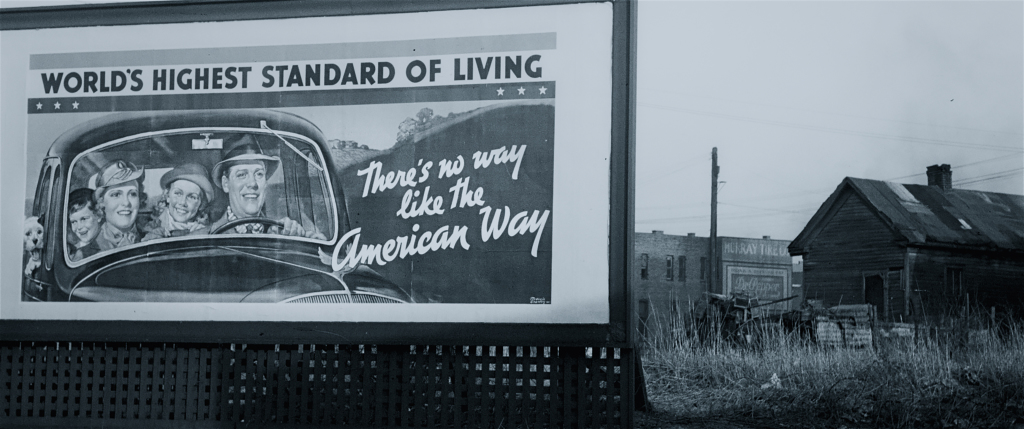
Documentarian Justin Pemberton brings alive Thomas Piketty’s bestselling Capital in the Twenty-First Century, a critique of the concentration of wealth. There’s no more fundamentally important political topic than inequality, and this theme has resonated through the best of recent cinema, including Parasite and Knives Out.
Pinketty traces the economics of wealth from feudal times to the present, and Pemberton keeps all the economic history lively with plenty of eye candy. Capital in the Twenty-First Century covers a lot of ground – globalization and movable capital, deregulation and privatization, defanging of organized labor, China state capital, and the impact on today’s youngest generations.
Piketty’s proffered solutions are simple and intellectually sound (stopping off-shore tax dodges, taxing inheritance, incentivizing wealth to be invested in productive risk instead of moving around a closed-loop of financial instruments). But, given the political power of great wealth, this is a very heavy political lift.

Capital in the Twenty-First Century pops along fairly briskly, but, as an entertaining popularizer, it’s no The Big Short or An Inconvenient Truth. Still, about an hour in, there’s a jaw-dropping psych experiment in which people benefiting from pure luck believe and act as though they are entitled.
During its Bay Area virtual run at the Roxie, you can stream Capital in the Twenty-First Century at Roxie Virtual Cinema, or at distributoe Kino Lorber’s new virtual platform Kino Marquee.
